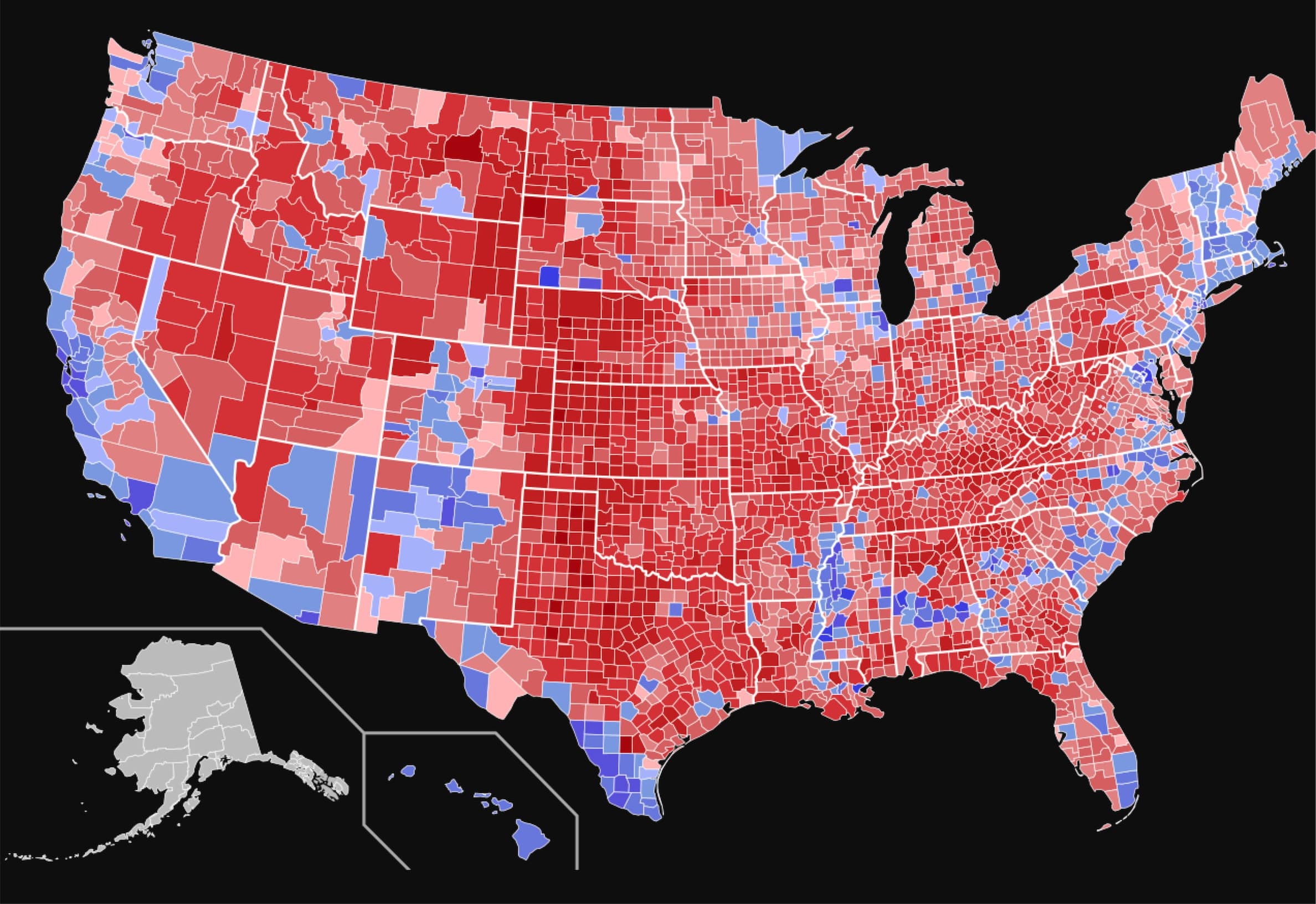On Tuesday, Bill O’Reilly took down another group of pesky liberals with his patented combination of condescension and gross misrepresentation. But this time his target was…Northeastern? Yes, our beloved school just got torched on the O’Reilly Factor for the following quote, which appears in an RA training pamphlet: “In order to have the experience of being oppressed one must belong to an oppressed group. Men cannot be oppressed as men, just as whites cannot be oppressed as whites.” Jesse Watters, O’Reilly’s uppity sidekick, then stood on the corner of Huntington and Forsyth and sarcastically interviewed students a la Stephen Colbert. But the greatest irony was Watters himself, a white man trying to defend the white man’s right to be oppressed.
The segment is aggravating, but we are talking about Bill O’Reilly. This is the guy who compared a scholarly translation of the Qur’an to Mein Kampf.[1] O’Reilly’s rhetoric is more amusing than informational. He is the conservative rabble-rouser, relying more on the loudness of his voice than the logic of his arguments. This segment is a classic example of his work. Amid smug barbs directed at the intelligence of Northeastern students and a general tone of haughty sarcasm, Bill-O failed to actually explain what was wrong with the quote.
Northeastern’s statement, upon legitimate analysis, is perfectly true. The first sentence, although somewhat redundant, defines oppression as an affliction aimed at groups, not individuals. Women, ethnic minorities, gays and lesbians – all are oppressed as groups. In our society, men as a group have never faced systematic oppression. Therefore, a man cannot be oppressed for being a man. Similarly, a white person cannot be oppressed for being white. White males still face struggles as individuals, but that is different from a group struggle, different from oppression. And white males can certainly be oppressed (for being gay, transgender, poor, disabled, etc.), but not for being white and not for being male, which is the exact point the quote makes.
If anything, the segment should be considered a point of pride for Northeastern. Watters’ ethically dubious attempt at embarrassing college kids failed miserably. At one point, he presented an absurd hypothetical about a white man identifying as a black lesbian, which a student rightfully deemed crass and offensive. Throughout much of the interview, the professional journalist – who at the end asked a young woman whether he was attractive because he made more money than her – was more offensive and less mature than any of the 18 to 22 year-olds he interviewed. All Northeastern had to do was ignore the stunt, let Bill-O make a few jokes about Michael Dukakis, and move on. Unfortunately, that’s not what happened.
At the end of the segment, Watters read a statement preemptively released by Northeastern saying the quote was meant to be provocative in order to elicit spirited discussion, that it does not represent the position of the university as a whole. The statement might be true, but is it necessary? In today’s society, white people cannot be oppressed for being white, and men cannot be oppressed for being men. Those are facts. Why are we working so hard to appease Bill O’Reilly?
If you follow Northeastern politics, this sort of hasty backpedaling is nothing new. University Administration has a debilitating public image phobia that stems from its obsessive desire to purge all controversiality from Northeastern’s image. That philosophy is the reason it’s so frustrating to be a politically involved student here. Just this past year, we were barred from voting on a student referendum regarding the Israel-Palestine conflict, we were denied meetings with Administration regarding a $15 minimum wage for campus workers, and our fossil fuel divestment initiative, supported by over 75% of the student body, wasn’t acknowledged by Administration for over a year.[2][3][4] All in the name of avoiding controversy.
Northeastern’s main focus, as a growing top-tier university, is its endowment fund. Administration ascribes to the idea that donors are more like investors in that they expect a “return on investment.”[5] It’s difficult to know what kind of return on investment a not-for-profit university could provide, but this philosophy requires Northeastern to consider its investors before making decisions. Administration’s frantic desire to sterilize Northeastern’s political image, to avoid any and all controversy, may be causally connected to its obligation to keep investors across the entire political spectrum happy.
At this school, it seems justice will always take a backseat to public relations, even if that means Administration has to cater to bigoted philosophies. At the end of the segment, O’Reilly scoffs, questioning the integrity of the released statement before yelling, “Knock it off, Northeastern!” For once, he might be right.
[1] Amato, John. “Bill O’Reilly Compares ‘The Koran’ to ‘Mein Kampf’, Tries to Deny It and Immediately Re-Compares It Again.” The Huffington Post. March 14, 2011. Accessed September 4, 2015. http://www.huffingtonpost.com/john-amato/bill-oreilly-compares-the_b_834815.html.
[2] Barrows-Friedman, Nora. “Divestment Referendum Blocked at Northeastern.” The Electronic Intifada. March 31, 2015. Accessed September 4, 2015. https://electronicintifada.net/blogs/nora-barrows-friedman/divestment-referendum-blocked-northeastern.
[3] Goyal, Varun. “Student Activists Stage Sit-in, Rally.” The Huntington News RSS. April 16, 2015. Accessed September 4, 2015. http://huntnewsnu.com/2015/04/student-activists-stage-sit-in-rally/.
[4] “A Historic Month for Divestment.” DivestNU. April 23, 2015. Accessed September 4, 2015. http://divestnu.org/a-historic-month-for-divestment/.
[5] “Trends in Advancement (article) | The Woolbright Group.” The Woolbright Group Site Wide Activity RSS. June 28, 2015. Accessed September 4, 2015. http://www.woolbrightgroup.com/articles/trends-in-advancement/.



